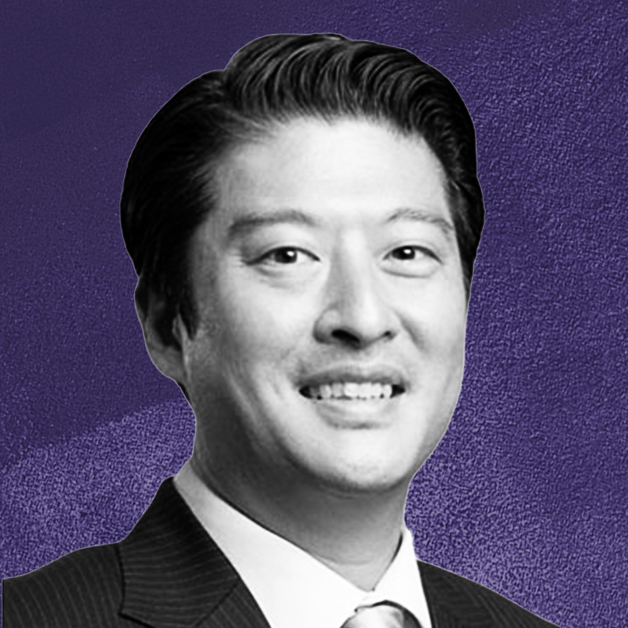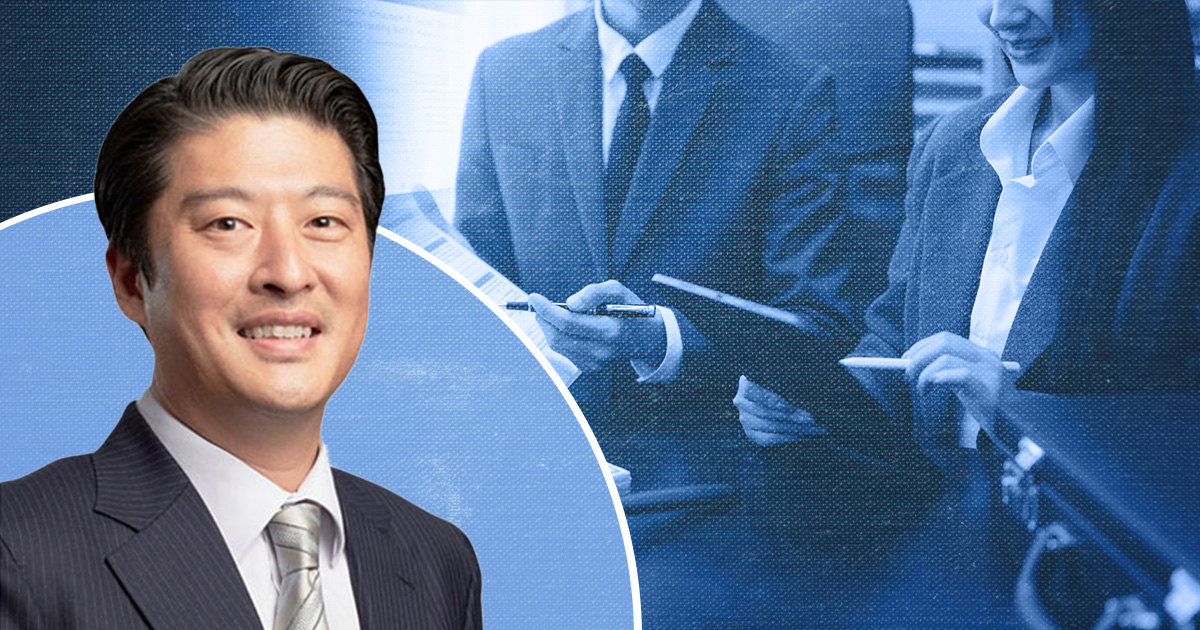
Jamie McCrary
Since the murder of George Floyd in 2020, law firms across the nation have prioritized embedding DEI (diversity, equity, and inclusion) in their operations. For many, this has meant designing policies that help ensure all employees’ perspectives are considered in decision-making—an approach that can strengthen both organizations and communities.
For Nicholas Park, managing attorney of Dentons Lee and non-executive Chair of the Global Board of Dentons—the world’s largest law firm, which spans over 80 countries and 200+ offices—this commitment has helped define his leadership.
“So much of what we do involves working with different cultures, languages, and regions,” says Park. “I hope we can create an environment that promotes both our core principles of DEI and cross-regional interaction and understanding.”
Dentons has made a commitment and set as its objective to ensure that the Firm is a place where everyone in every role, position, and location feels valued and heard as a participant in the life and business of the firm. We hope our vision will create more cohesiveness among our attorneys and employees and in our business development.”
As chairman, Park, (Kogod/MBA ’03) (WCL.JD ’02), works with management to identify the firm’s top issues so the board and its stakeholders can convene to make meaningful decisions. Through this process, he helps ensure Dentons’ leadership considers the collective interests of the firm in its strategy—a DEI-driven approach.
Park says his background in business has been essential to his success in this complex managerial role.
“To effectively understand multiple stakeholder’s needs, I have to serve as a bridge between competing interests — something I’m able to do in large part because of my business experience,” he says.
Studying business prior to entering law gave me a valuable perspective on how to manage the intricacies of a multinational law firm.”

Nicholas Park
Senior Managing Attorney, Dentons Lee
We sat down with Park to delve deeper into his background and learn how his dual expertise in law and business has empowered him to evolve into the leader he is today.
Kogod: You were recently elected as non-executive Chair of Dentons’ Global Board. Congratulations! What inspired you to accept and commit to this role?
Park: I believe I am well-positioned to provide cross-cultural clarity and awareness to harmonize the needs of our different member regions. As the world’s largest law firm, it’s important to maintain our core strengths by having strong local practices and presence, global reach, and polycentricity. I hope to preserve these as founding principles so the firm can benefit from its members’ diversity.
In this new role, you’re advising the CEO and board members on decision-making to best advance your clients’ business needs. Could you share an example to illustrate how you’re doing so?
The global board's work is crucial in shaping the future of our firm in collaboration with our partners. When we come together to make decisions, these choices have far-reaching consequences, affecting how the firm operates, how we serve our clients, and how we connect talent with opportunities. Our work here goes beyond mere business; we are the architects of our strategy and guide the management team, including our CEO and other officers, in executing that strategy.
What has been most fulfilling about this work so far—and most challenging?
The most fulfilling part is having the opportunity to connect with some of our most talented leaders across the globe, and at the same time helping spur interaction between different colleagues to create more opportunities that build our business. The most challenging part lies in the same front: Having to create consensus while easing tensions between different interests within the firm.
In what ways has having experience in both law and business been beneficial?
The education and training I received at American University’s Washington College of Law and Kogod School of Business have complimented each other in different ways. On the one hand, law school does not provide training on how to manage a business, market to clients, or network. Most lawyers need to learn these skills on their own. Lawyers are also generally risk-averse by nature, so I was fortunate to learn these skills at Kogod, both at school and later on by keeping in touch with my classmates. But law school does provide crucial training on issue spotting, analysis, and logical reasoning—skills necessary for managing a large organization.
What advice would you give to an aspiring business leader or lawyer interested in pursuing both fields? Is there something you wish you knew starting off that might have helped you along the way?
Success is not determined by qualifications and credentials.No amount of studying or an academic degree will prepare you for this fierce rollercoaster that we call life. You will all have your ups and downs, and it will take time to learn how to surf those waves."

Nicholas Park
Senior Managing Attorney, Dentons Lee
To succeed in life, you will need things like grit, determination, confidence, hard work, and most importantly, social skills. Open your eyes and look at the bigger picture, find things that you love, make friends, make a family, and find your passions and pursue them.
How would you describe your vision for your continued leadership at Dentons—as both board chair and managing attorney?
I believe that a successful managing partner and global chair must be able to draw on experience in various practices, industries, and regions to bridge gaps between the needs and desires of diverse practitioners in the firm. There is no point in being the largest law firm in the world if groups of people feel alienated or disregarded. I hope to create an environment that promotes increased cross-regional interaction. The vision is more cohesiveness between our professionals and more business development on an international level.
At Kogod, we believe business is a force for meaningful change. What does using business—and law—for meaningful change mean to you?
At Dentons, I believe it is our duty and responsibility to lead by example and show what a truly global organization can do for its people, clients, and community. No other firm has the reach and breadth that we do to bring about positive change at this scale. I hope that our culture creates an environment where all of our people feel valued and respected—and that this also extends to how interact with our clients and communities.
